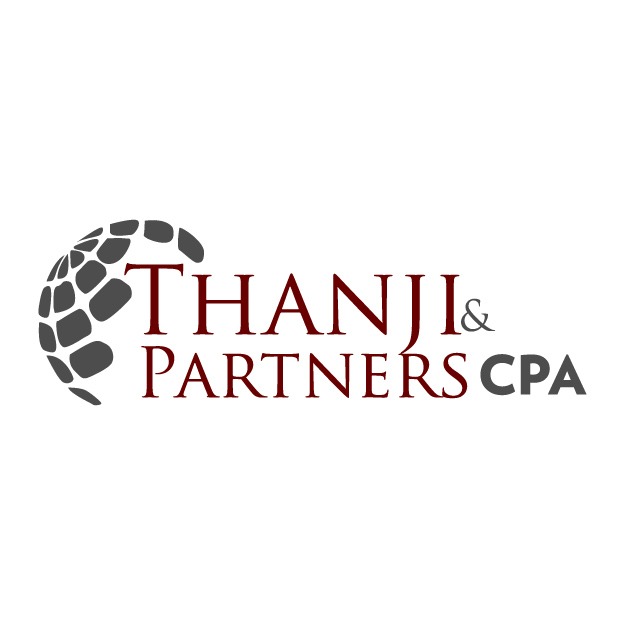
Effective project management helps organizations optimize their processes, manage resources
efficiently, minimize risks, and ensure that projects are delivered on time, within budget, and
with the desired outcomes. It enables organizations to meet their objectives more effectively
while fostering a culture of accountability, continuous improvement, and stakeholder
satisfaction.
Project management is the process of planning, organizing, executing, and overseeing a
specific project to achieve defined goals within a specified time frame, budget, and scope. It
involves using methodologies, tools, and techniques to ensure that the project’s objectives are
met efficiently and effectively, while managing resources, risks, and stakeholders.
In non-profits, businesses, and other organizations, project management is essential for
organizing complex initiatives, ensuring accountability, and delivering results that align with
organizational goals.
Key Elements of Project Management:
1. Project Planning
Defining Objectives: Clearly establishing the goals and deliverables of the project.
Scope Definition: Identifying the boundaries of the project, including what is and isn’t
included.
Work Breakdown Structure (WBS): Breaking the project into smaller, manageable
tasks and assigning responsibilities.
Timeline and Milestones: Developing a timeline with specific milestones to ensure the
project stays on track.
Budgeting: Estimating the financial resources needed and setting a budget that includes
all project costs.
2. Resource Management
Human Resources: Assembling a project team with the right skills, assigning roles and
responsibilities, and ensuring clear communication among team members.
Material and Equipment Resources: Identifying any tools, technology, or materials
needed to complete the project.
Financial Resources: Ensuring the project stays within the allocated budget while
managing costs and financial risks.
3. Execution and Monitoring
Task Execution: Implementing the project plan by performing the necessary tasks to
deliver the project’s objectives.
Performance Monitoring: Tracking progress against the project plan, timelines, and
budget. Monitoring ensures that the project remains on track and any deviations are
addressed early.
Risk Management: Identifying potential risks, developing mitigation strategies, and
continuously monitoring for new risks.
4. Communication
Stakeholder Management: Ensuring clear and consistent communication with all
stakeholders, including team members, clients, sponsors, and others who have an interest
in the project.
Reporting: Providing regular updates on progress, issues, and changes to ensure
transparency and alignment with project goals.
5. Risk Management
Risk Identification: Recognizing potential risks (e.g., financial, operational, external
factors) that may impact the project.
Risk Mitigation: Developing plans to minimize or eliminate the impact of risks on the
project.
Contingency Planning: Creating backup plans for high-risk areas to ensure that the
project can proceed despite setbacks.
6. Project Closeout
Completion of Deliverables: Ensuring all project goals have been met and deliverables
completed according to the plan.
Final Reporting: Providing a summary of the project’s outcomes, successes, and lessons
learned.
Post-Project Evaluation: Reviewing the project’s performance to identify opportunities
for improvement in future projects.
Benefits of Optimal Project Management Processes:
1. Increased Efficiency:
o Well-structured project management processes streamline workflow, ensuring
tasks are completed efficiently, on time, and within budget. This minimizes waste
and maximizes the use of resources.
2. Clear Direction and Focus:
o Project management provides clear objectives, roles, and responsibilities,
ensuring that everyone involved understands their tasks and how they contribute
to the overall goals.
3. Improved Risk Management:
o Project management helps identify, assess, and mitigate risks early. This proactive
approach minimizes potential issues and increases the likelihood of successful
outcomes.
4. Better Communication:
o Project management processes ensure consistent communication among
stakeholders, team members, and decision-makers. This helps to avoid
misunderstandings, manage expectations, and ensure alignment on project goals.
5. Enhanced Accountability:
o Assigning clear responsibilities ensures that individuals are accountable for
specific tasks, making it easier to track progress and identify bottlenecks.
6. Optimal Resource Utilization:
o Project management ensures that resources (financial, human, material) are
allocated effectively, avoiding overallocation or underutilization.
7. Cost Control:
o By carefully managing budgets and tracking costs throughout the project, project
management helps ensure that the project stays within budget, reducing financial
risk.
8. Timely Delivery:
o Effective project management processes keep projects on schedule by breaking
them into milestones, which helps avoid delays and ensures deliverables are
completed on time.
9. Quality Assurance:
o By monitoring performance and implementing quality control measures
throughout the project lifecycle, project management helps ensure that the project
meets its quality standards and delivers value to stakeholders.
10. Informed Decision Making:
With ongoing performance tracking and regular reporting, project managers and
stakeholders can make data-driven decisions, respond to challenges promptly, and adjust
the project as needed.
11. Continuous Improvement:
Optimal project management includes evaluating the project’s performance after
completion, identifying lessons learned, and using those insights to improve future
projects. This promotes organizational growth and refinement of project management
practices.
Project Management Methodologies:
Several methodologies can be used depending on the type of project:
Waterfall: A linear, sequential approach where each phase must be completed before the
next begins.
Agile: An iterative process that allows for flexibility and quick adaptation to changes,
commonly used in software development and other dynamic environments.
Scrum: A subset of Agile, focusing on short development cycles (sprints) and regular
reviews.

